
4 minute read
Reconciling Our Deep Divisions
BY PHILIP CHARD
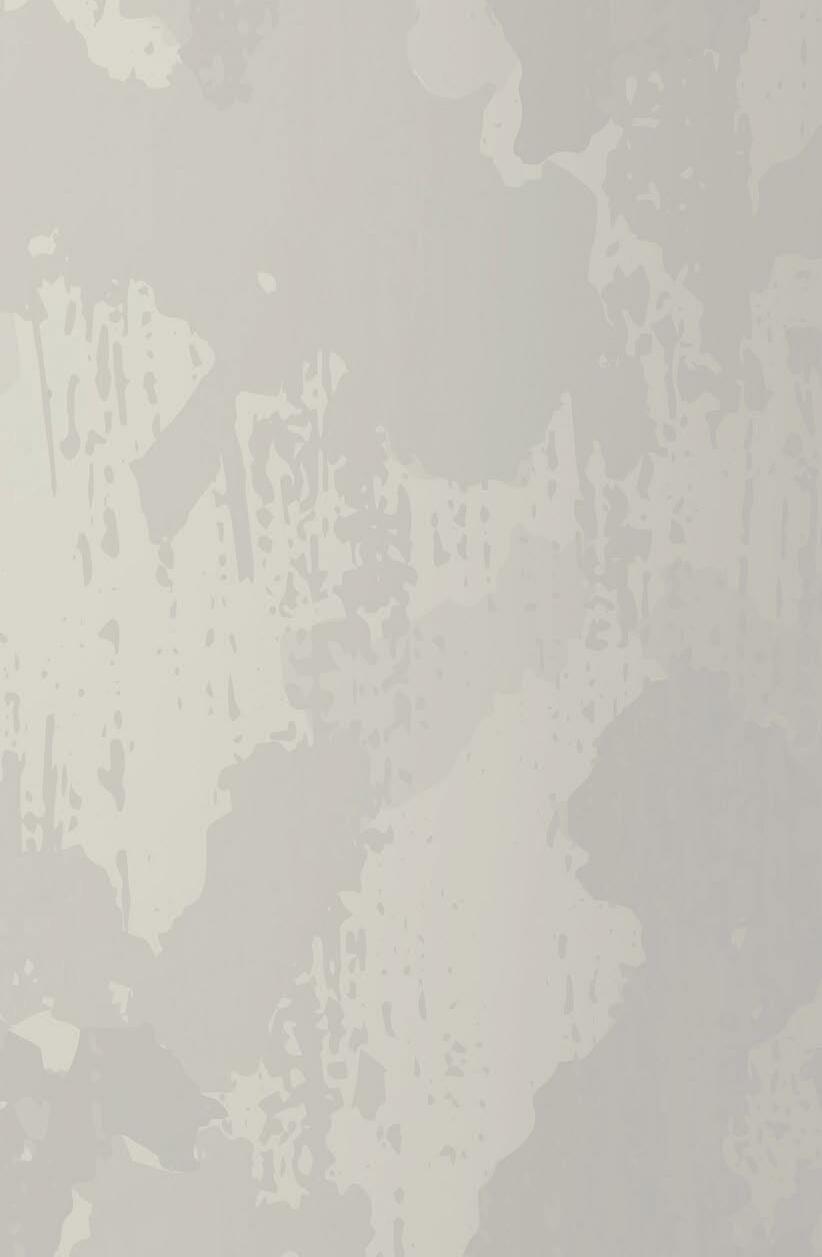
My college years were a time of social unrest, war, protests and hate. Sound familiar? Vietnam was in full swing, as was the peace movement, and Americans were divided along sharp lines in either supporting or opposing the war. Some protests turned violent. Infamously, several students demonstrating against the war were shot dead by National Huard troops. All the while, the civil rights movement was underway, and feminism was taking root. Simultaneously, prior societal norms about hair, clothes, music, drug use and behavior, which were decidedly more conservative, began unraveling. The cultural spasms were palpable, often dividing family and friends.
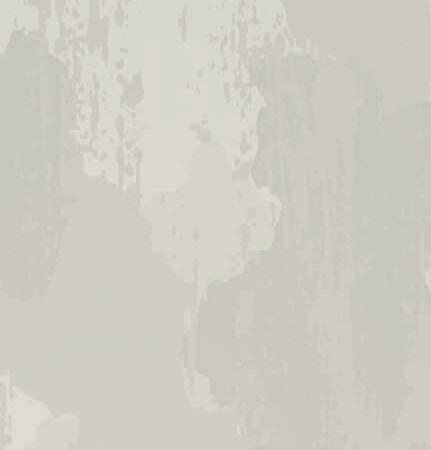
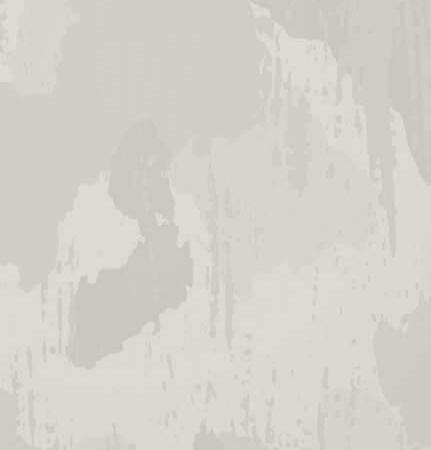
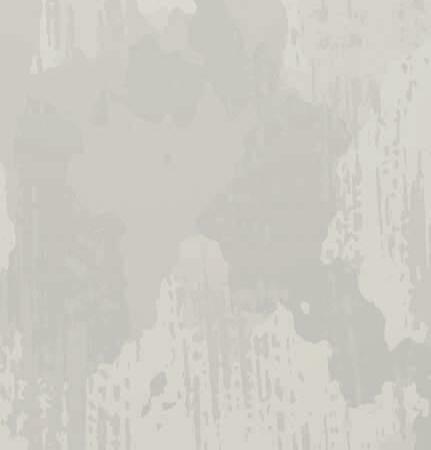
So, when I recently attended my college reunion, many of my former classmates and I mentally immersed ourselves in that earlier epoch. Those who organized this event were wise to include time and presentations encouraging us to openly discuss what it was like to live through that period in our nation’s history while still in our formative years. Most importantly, there was no effort to sugar-coat our divisions or ignore the past, but, rather, to look deeply into those experiences and at ourselves within them. To me, this seemed a particularly salient happening. Given the deep divisions and rancor now erupting across our body politic, looking back at the tumultuous days of my college years also felt like peering into the nature of our dilemma today.

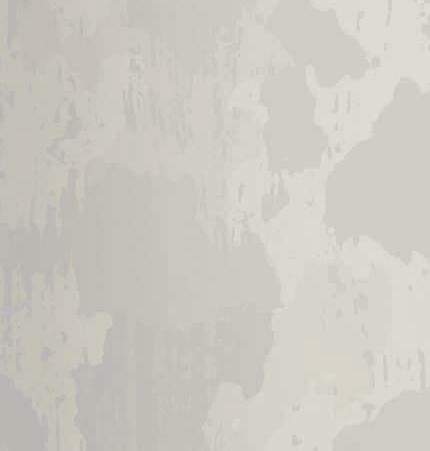
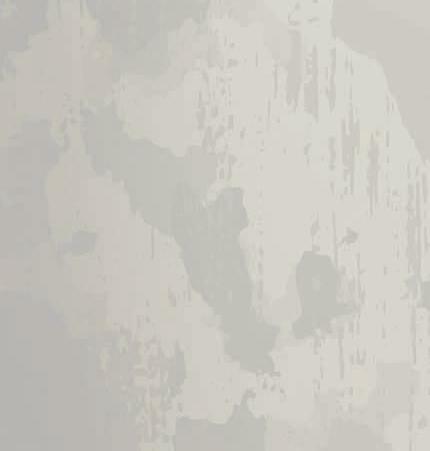
Our current national conundrum seems to be testing Lincoln’s assertion that “A nation divided against itself cannot stand.” And the war of words between the factions in my college class seemed to do the same. Would those who vehemently opposed and, too often, disrespected each other ever find a path to reconciliation? Would the divergence of our beliefs prove too extreme to ever allow a rejoining of hands? Well, as serendipity would have it, I was about to find out.
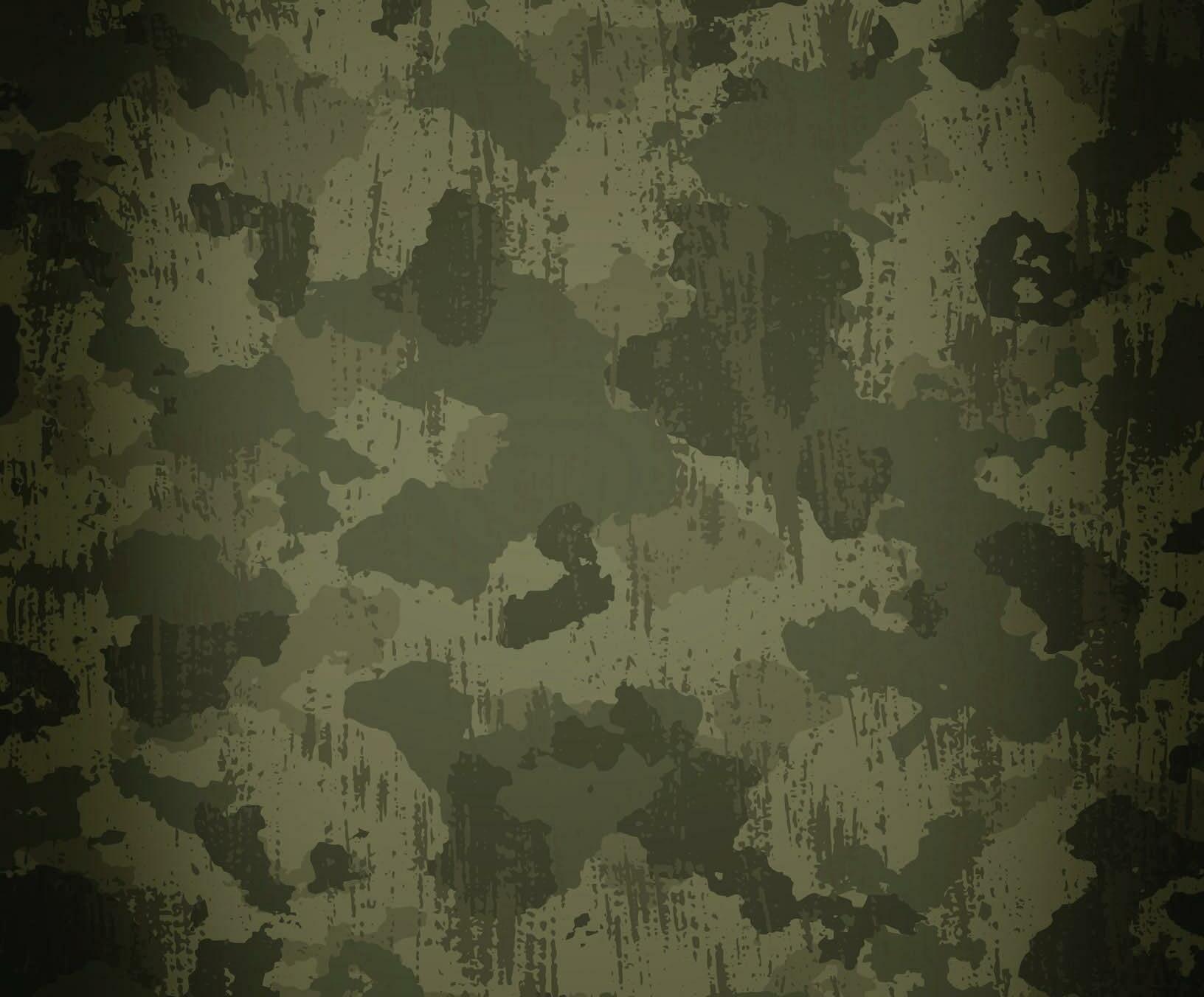
REMEMBER THE HAWKS AND DOVES?
One of our reunion events was a lecture by a history professor who, while considerably younger than us, became fascinated with the Vietnam War. He’d done his research and treated us to insightful back stories about the chain of events and players that led America into war. Seated next to me was a former classmate, David, who had been my ideological adversary in the sparring over Vietnam. On several occasions during our college years, we squared off in heated debates before the student body. I doubt there were two other students on campus back then who were more different in their political views than him and me. In the parlance of the time, we were hawk and dove, respectively.
When the lecture was finished, a compatriot of mine in the peace movement shared his guilt and regret that we doves hadn’t done more to respect and support the soldiers who were in and returning from Vietnam. Some zealots on our side of the fence called them “baby killers,” while most of us simply turned a cold shoulder. That was wrong. Soon after, David expressed his remorse over having supported the war, going so far as to state, “I have blood on my hands.” When he’d finished, I put my hand on his arm and thanked him, saying, “It takes great courage to say those words.” Reconciliation.
Of course, this chain of events left me wondering if those of us so divided against one another today will ever find a way to reach for each other again. I’d like to believe that, but America is clearly bifurcated by a political and ideological civil war. Will we find the courage that David displayed that day? I recall how, in 1913, some of the Confederate and Union combatants who fought in Pickett’s Charge, were called back to the battlefield at Gettysburg to re-enact that bloody day, absent the carnage. When the rebels reached the line of Union veterans, many embraced, weeping, while others ceremoniously exchanged battle flags. Mortal enemies were transformed into icons of kindness and mutual respect. Must that be so far out of reach for us now in this time of peril? Will we let the voices of division and hate, no matter their political pedigree, convince us to fear and despise each other?
I want to think we’re better than that. I’d like to believe we will find a way to have our own reunion.
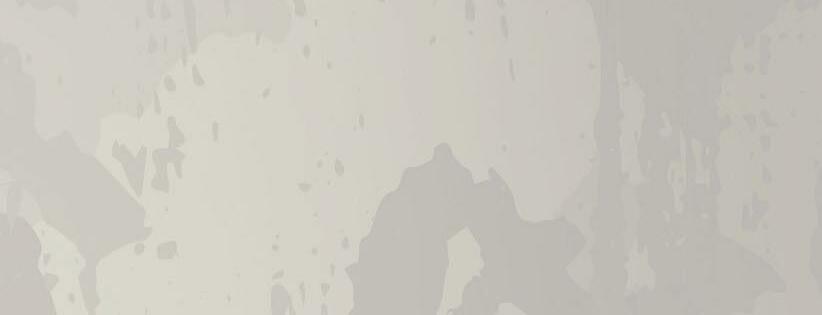
Philip Chard is a psychotherapist and author with a focus on lasting behavior change, emotional healing and adaptation to health challenges. For more, visit philipchard.com.










